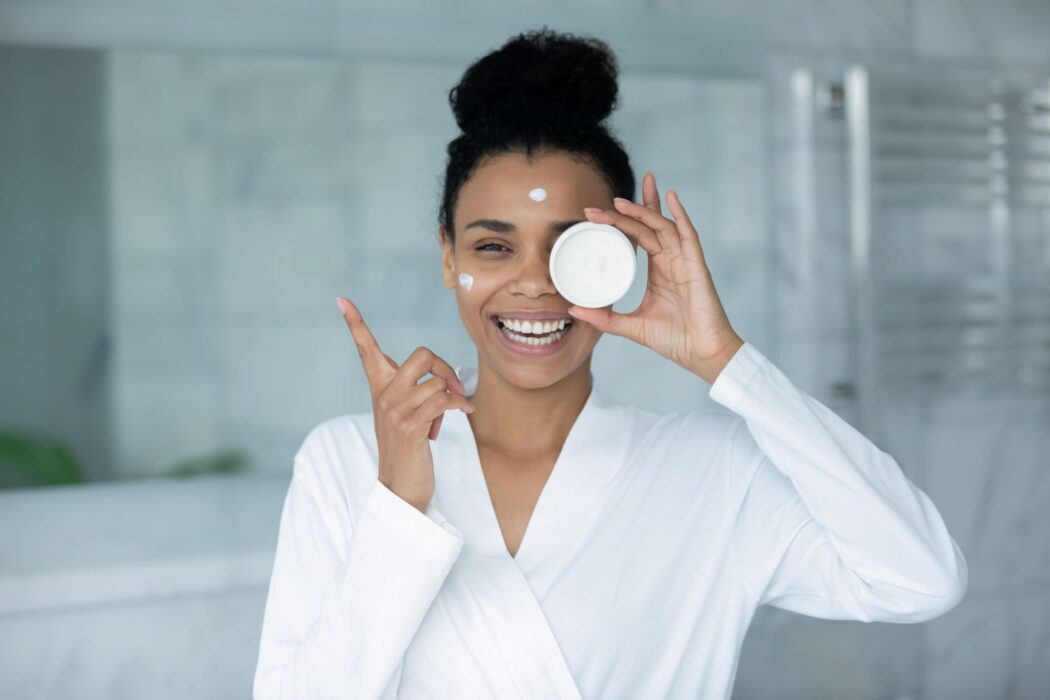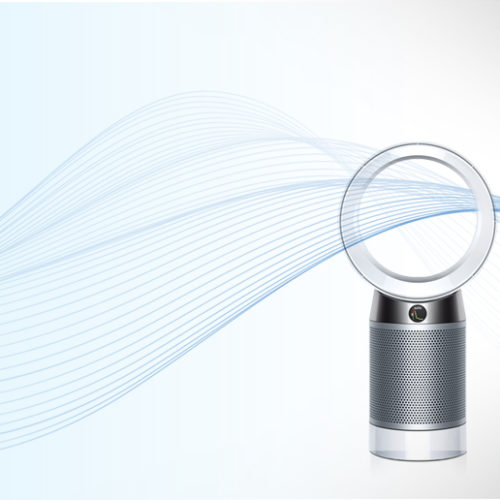How the sun affects your skin health
Studies have shown that while the sun can be beneficial for your skin health, it can also be harmful. Let’s take a look at what to bear in mind as you enjoy the sunshine.

With summer in full swing, it’s hard to avoid the powerful rays of the sun. Sunlight is a very important factor in human health, from giving us vitamin D to influencing our circadian rhythms. Too little sunlight can have adverse effects on both our mental and physical wellbeing. However, it’s common knowledge that too much sunlight is also detrimental. Let’s take a look at the facts and what we can do to protect ourselves and our children.
UVA, UVB AND UVC
Sunlight consists of a variety of different types of waves. Among these are ultraviolet waves, often categorised into UVA, UVB and UVC. UVC waves from the sun are blocked by the ozone layer so it’s only UVA and UVB that we have to be concerned with. UVA makes up 95% of the UV rays that reach us. These penetrate deeply into our skin and can cause it to age more quickly. The remaining 5% is made of UVB rays that are responsible for damaging the outer layers of skin, causing sunburn.
Thankfully, our skin is intelligent and has ways to repair itself. With too much exposure though, it becomes much harder for your skin to maintain this ability to bounce back. This skin will begin to develop wrinkles and lines as it’s less able to cope with the UV light. As we know, dangerous levels of sun exposure can even lead to skin cancer.
MIND YOUR SKIN
Looking after ourselves and our loved ones should be our top priority. It sounds pretty straightforward but the most effective way to look after your skin and reduce the risk of skin cancer is to limit exposure to sunlight, particularly in the middle of the day. This includes seeking out areas of shade rather than staying in direct sunlight. Also, covering skin with loose-fitting clothing and wearing a hat will keep the harmful rays away.

Sunscreen is an absolute must. Be sure to apply sunscreen to any skin that’s not covered by clothing, particularly your face. The SPF number on sunscreen bottles indicates how long it will take you to get sunburnt. For example, if you’re wearing SPF 30 it will take you 30 times as long to get burned than if you’re not wearing any sunscreen. Don’t overestimate the protection this provides – sometimes it can only take a matter of minutes to get sunburn if unprotected. Various factors can change the efficacy of sunscreen, including how much you apply, if it’s still in date and if you’ve spent any time in water.
To stay safe, top your sunscreen up every few hours. There are sunscreens designed specifically for the delicate skin on your face. Consider carrying a small bottle wherever you go so that you can apply throughout the day.
When it comes to protecting your children from the sun, the trick is to start as early as possible. You can help them to learn healthy habits around spending time in the sun and taking the necessary precautions. This will stand to them throughout their lives, keeping them and their skin safe from the harmful effects of the sun’s rays.
THE BENEFITS OF SUNLIGHT
It’s not all bad news! Once we’re cautious of overexposure to the sun, we can reap the benefits that it can also bring.
Vitamin D
Considering how much time most of us spend indoors these days, it should come as no surprise that lots of people have low levels of vitamin D. While we can do our best to get enough vitamin D through eating foods such as oily fish or supplementation, most people don’t get enough from their diet alone. Getting a daily dose of sunlight can really help as it triggers vitamin D production in the body.
Mood booster
Spending some time in sunlight is known to give a remarkable mood boost and it’s not just because everything looks better in the sun! Sunlight can help our bodies to release serotonin – a chemical produced in our brains that makes us feel happy, satisfied and optimistic. People with diminished levels of serotonin are more likely to feel low, or even depressed. So make sure you and your family get their daily dose of sunlight, and everyone will be in their best form!

Summertime sleeps
We have all experienced the incredible sleep that comes after a hot day. It turns out that there’s a scientific reason for this. When our serotonin balance is right, it contributes to a healthy production of melatonin. Melatonin is a hormone that regulates our day-night cycle and is crucial to getting a good night’s sleep.
Skin health
Once you are very careful with exposing yourself to the sun, you’ll notice the positive effects it can have on your skin. The UV light can help to heal skin issues such as psoriasis and eczema, and generally give you a healthy glow!
We can’t be too careful when it comes to spending time in the sun. However, it shouldn’t be avoided completely. The healthy middle ground is usually to take the necessary precautions that will prevent any skin damage but allow yourself and your loved ones to experience the associated health benefits. If you notice any changes in your skin due to sun exposure, particularly any new marks or blemishes, make sure to consult with your doctor.











Comments